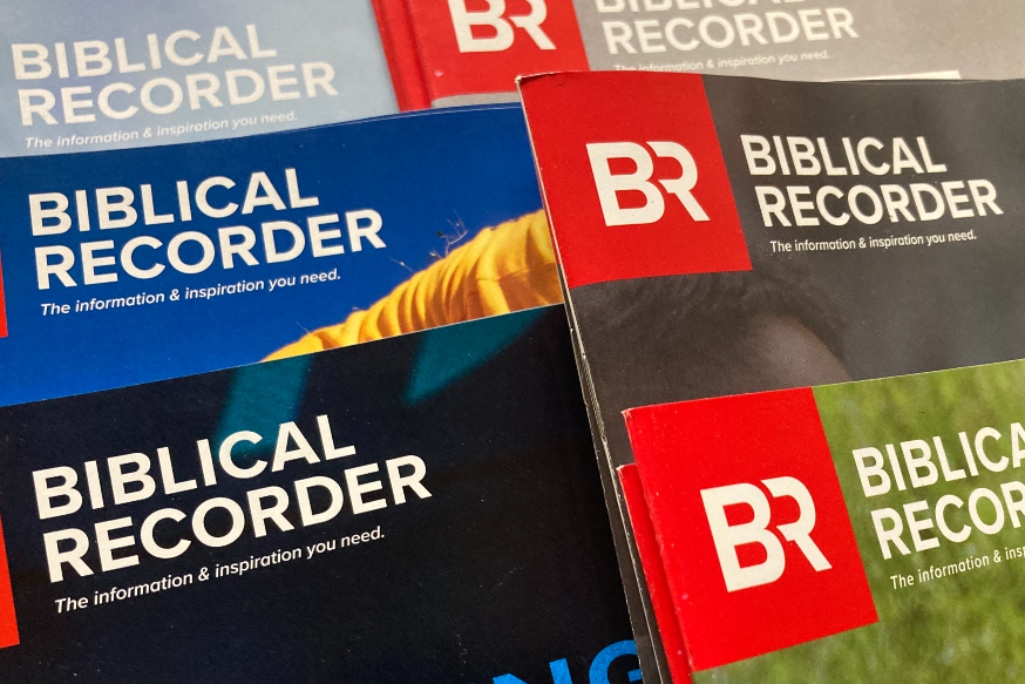Merriam-Webster Dictionary defines civility as “polite, reasonable, and respectful behavior.” It has to do with being courteous in both speech and behavior. The word is not likely to be found in most English Bible translations, but nothing about the definition sounds inconsistent with biblical values.
Followers of Jesus are called to be holy in our conduct and conversation. (1 Peter 1:15; 2 Peter 3:11) The seasoned Apostle Paul underscored this principle in his letter to young Timothy, “Let no one despise your youth, but be an example to the believers in word, in conduct, in love, in spirit, in faith, in purity” (1 Timothy 4:12, NKJV).
Ephesians 4:15-16 admonishes us to speak the truth in love so the whole body of Christ can function according to God’s design.
Civility in conversation means we can disagree strongly with others, but we do not speak disrespectfully to them. We do not treat one another as enemies. We deal with others as though they are our parents, grandparents, spouse or children.
Can Christians act like Christians when they disagree?
We have been known to speak very passionately on many issues. Sometimes we can be so immersed in our views that we violate biblical values of civility in the way we address each other.
The Institute for Civility in Government (instituteforcivility.org) offers this definition on their website: “Civility is claiming and caring for one’s identity, needs and beliefs without degrading someone else’s in the process.”
Political issues are always hot issues for discussion. Since the year 2016 is a significant election year, this is a good time to talk about civility, especially from the pastor’s perspective. How much should a pastor address social and political issues from the pulpit? A better question might be, “What subjects are political, and which ones are biblical issues?”
Bruce Ashford, professor of theology and culture at Southeastern Baptist Theological Seminary, has a series of articles on the subject of civility on CanonAndCulture.com, sponsored by the Ethics and Religious Liberty Commission of the Southern Baptist Convention.
He begins the first article, “The year 2015, as much as any other in recent memory, has put on full display the dysfunctional, rancorous, and mephitic travesty that is American politics and public life.”
Hearing the rancor of political candidates, Ashford adds, “… we ought to expect more from our political leaders. But we, the American public, must confess that we are a fairly superficial and uncivil crowd these days. It is worth asking if we have not merely gotten the sorts of candidates that we have asked for – candidates that reflect our own image more than we care to admit.”
In other words, are we as uncivil in our engagement as the candidates we disdain? What steps are Christian leaders taking toward increased civility?
In the Jan. 30 edition of the Biblical Recorder two pastors offer their perspectives on the topic, “Political tension and the pastor.” Both pastors are theologically conservative, passionate preachers of God’s Word. Both are loyal Southern Baptists. They are not opposing each other. Instead, their views are a challenge to examine different ways we may approach the subject.
Chris Hefner writes for the LifeWay Pastors blog. His comments were originally posted there. He is the senior pastor of Wilkesboro Baptist Church. Rit Varriale writes for his website, GodBeforeGovernment.org. He is the senior pastor of Elizabeth Baptist Church, Shelby.
In coming editions of the Recorder, we will publish similar views of other pastors and Christian leaders. We invite you to give us your comments. We are not asking you to “take sides.”
The goal is to open up a civil discussion on political engagement or the lack of it. Related topics include the threat of churches losing their tax-exempt status.
Another subject is Pulpit Freedom Sunday.
This event, promoted by Alliance Defending Freedom, encourages pastors to speak out from the pulpit by addressing specific candidates and moral issues. Have you participated in Pulpit Freedom Sunday? If so, please share your story with us.
If you are a pastor, tell us if, or to what extent, you will publicly address the 2016 elections, candidates and political issues this year. Send your comments to [email protected] or P.O. Box 1185, Cary, NC 27512.


